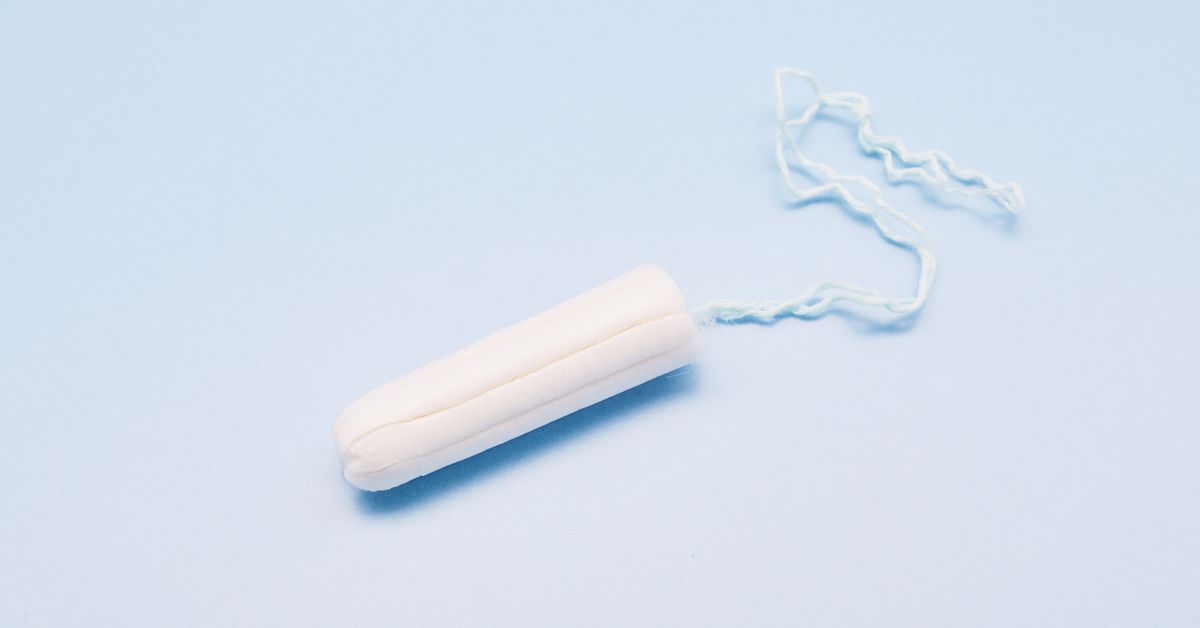PMS, food cravings, “period flu”: Anybody who menstruates knows from experience that the monthly cycle can have a profound impact on the body and mind. But researchers are still only beginning to explore exactly how menstruation can affect health — and, in some people, worsen symptoms of illness.
In one recent study, psychologist Jaclyn Ross and a team at the University of Illinois Chicago asked 119 female patients who had experienced suicidal thoughts in the past to track their feelings over the course of a menstrual cycle. They found that for many patients, suicidal thoughts tended to get worse in the days right before and during menstruation. On those days, patients were more likely to progress from thinking about suicide to actually making plans to end their own lives.
These results might seem sadly unsurprising to people living with depression, who have been telling their therapists — and talking among themselves — for years about how their periods affect their symptoms. But thanks to misogyny in science and medicine, these effects haven’t been studied in a systematic way until recently, frequently leaving patients on their own to navigate fluctuations in mood that doctors may not know how to diagnose or treat.
In fact, menstruation has been understudied for decades, creating a knowledge vacuum in which patients with pain or heavy bleeding wait years for a diagnosis. In recent years, however, more scientists have begun to study the process and menstrual fluid — research that could uncover crucial information about human health that’s been unjustly ignored.
Menstruation can affect mental health symptoms
Ross’s colleague, psychologist Tory Eisenlohr-Moul, had the idea for the research after one of her therapy patients mentioned worsening symptoms around her period, she told the Chicago Tribune. “I thought if we had some evidence that this was common then maybe we could do something about it,” she said.
The connections between periods and mental health have started to get more attention in the last decade. Clinicians have long known that a small percentage of the population experiences a condition called premenstrual dysphoric disorder (PMDD), characterized by severe feelings of anxiety, depression, or irritability in the days leading up to menstruation. PMDD was added to the Diagnostic and Statistical Manual of Mental Disorders (DSM) in 2013, and experts believe 3 to 8 percent of menstruating people have the condition.
But Ross and her team wanted to study whether menstrual cycles affected more people’s mental health, too.
So the patients in their study were not diagnosed with PMDD, and instead were chosen because they reported suicidal thinking in the past month. The researchers asked participants to record symptoms like depression, anxiety, and hopelessness every day of their cycle. They also asked about suicidal ideation and suicidal planning. Ideation tended to be more intense, and planning was more likely, on the days around menstruation, Ross told the Tribune.
“What’s fascinating is that even though we did not recruit for PMDD, we see that a majority of participants reporting recent suicidal ideation tend to experience worsening symptoms around the days before and during menses onset,” she told Vox in an email.
Most people don’t experience major psychiatric symptoms in response to hormonal changes, Ross said. However, research has found that people with underlying mental illness — including 60 percent of women with depressive disorders — often do feel worse around their periods.
Ross’s study, published in December in the American Journal of Psychiatry, suggests that therapists, psychiatrists, and OB-GYNs should be giving patients information about how menstruation can affect emotional symptoms, especially suicidality. Patients might also benefit from charting their own symptoms for a few months to see whether a cyclical pattern emerges.
The lab where Ross works, led by Eisenlohr-Moul, is also studying behavioral and pharmaceutical treatments that could help people whose symptoms are tied to their menstrual cycles, from dialectical behavioral therapy to hormone-blocking drugs.
Researchers are fighting the stigma around periods
The findings add to an area of study that’s still battling silence and stigma. People with PMDD still struggle to get a diagnosis; in a 2022 survey, around 40 percent of PMDD patients said their mental health care providers had no knowledge of the condition. The impact of menstruation on other mental health conditions, like depression, is even more poorly understood.
However, a growing body of research and reporting is shedding light on how menstruation works and the many profound ways that our menstrual cycles can affect us, mentally and physically.
Researchers are also exploring whether menstrual fluid could be used in early detection of conditions like uterine fibroids, cancer, and endometriosis. Studying menstruation, in which the uterus sheds and regrows its own lining, could provide insight into wound healing, midwife and author Leah Hazard told Vox’s Byrd Pinkerton.
In the last two years, researchers have also confirmed what many patients reported anecdotally: that Covid-19 vaccines have small but measurable effects on menstrual cycles. The findings could push vaccine manufacturers to test their products’ effects on menstruation so that patients won’t be caught off guard. (The menstrual effects of the Covid vaccine are temporary and do not impact fertility, experts say.)
Many of the connections between menstruation and other aspects of physical and mental health went undiscussed for years, at least in public, because scientists and doctors simply weren’t studying them. When it comes to understanding menstrual health, “we’re very, very behind,” Alice Lu-Culligan, a pediatrics resident at Boston Children’s Hospital who has studied menstruation, previously told Vox.
In 2023 — yes, last year — researchers finally conducted one of the first studies to test the capacity of menstrual products using real blood.
Studies like Ross’s, however, show that clinical research is starting to catch up with what many people who menstruate already know: that the process is an inextricable part of human functioning that has a lot to teach us, if we care to listen.
This story appeared originally in Today, Explained, Vox’s flagship daily newsletter. Sign up here for future editions.

Dr. Debi Johnson is a medical expert and health journalist dedicated to promoting well-being. With a background in medicine, she offers evidence-based insights into health trends and wellness practices. Beyond her reporting, Dr. Debi enjoys hiking, yoga, and empowering others to lead healthier lives.







